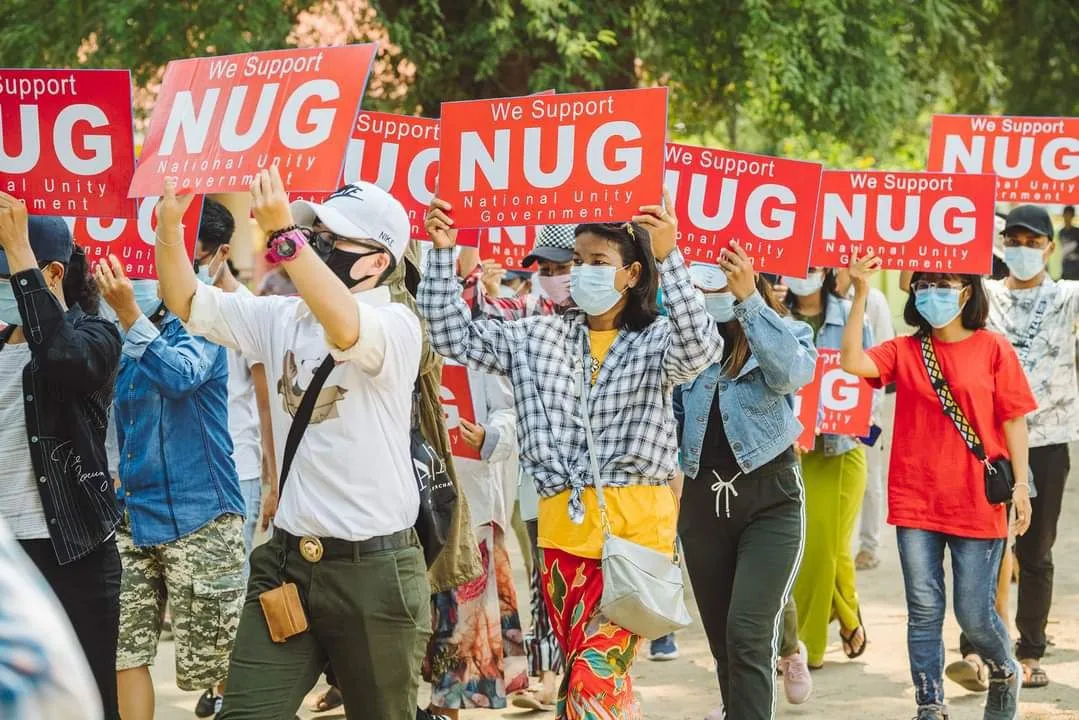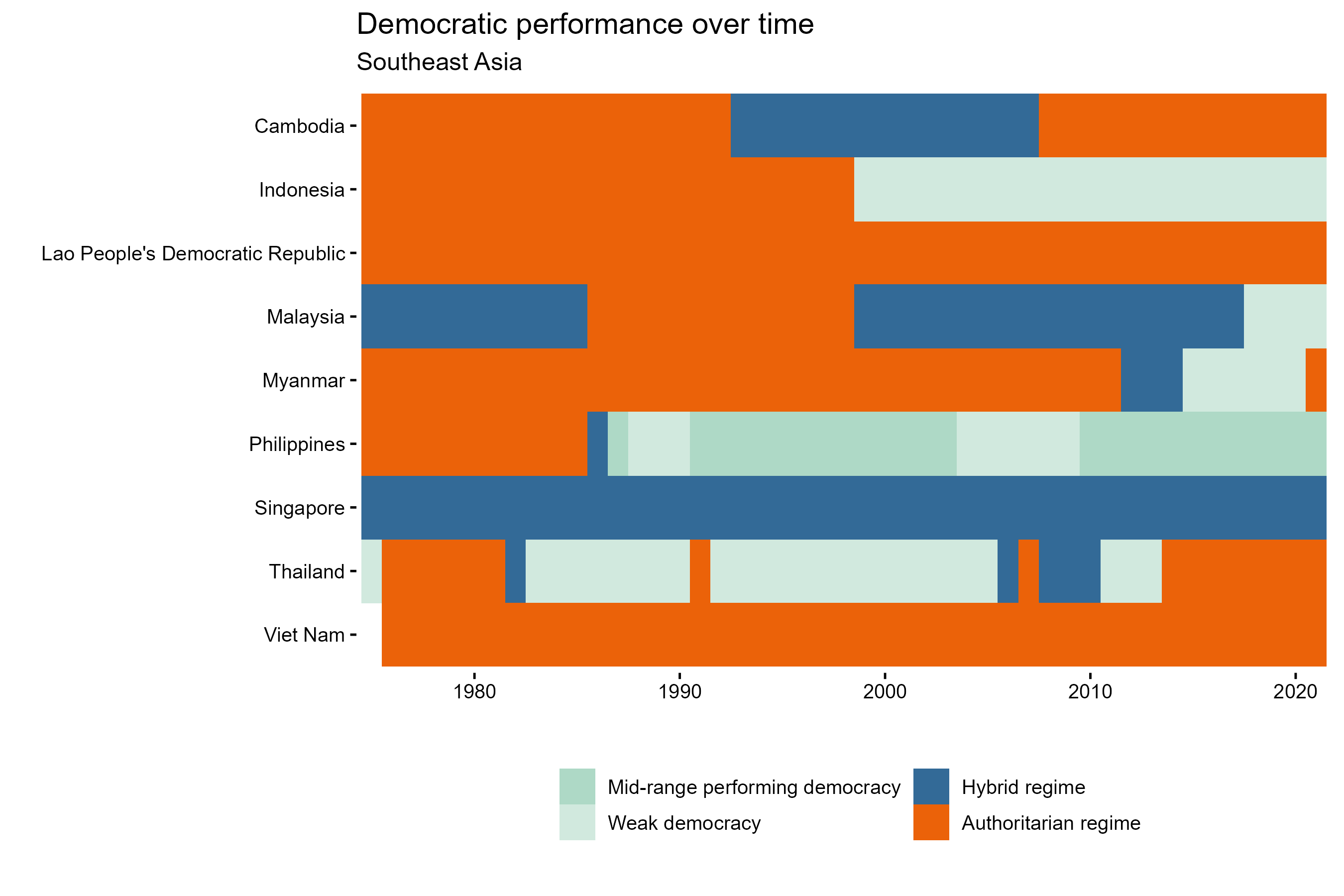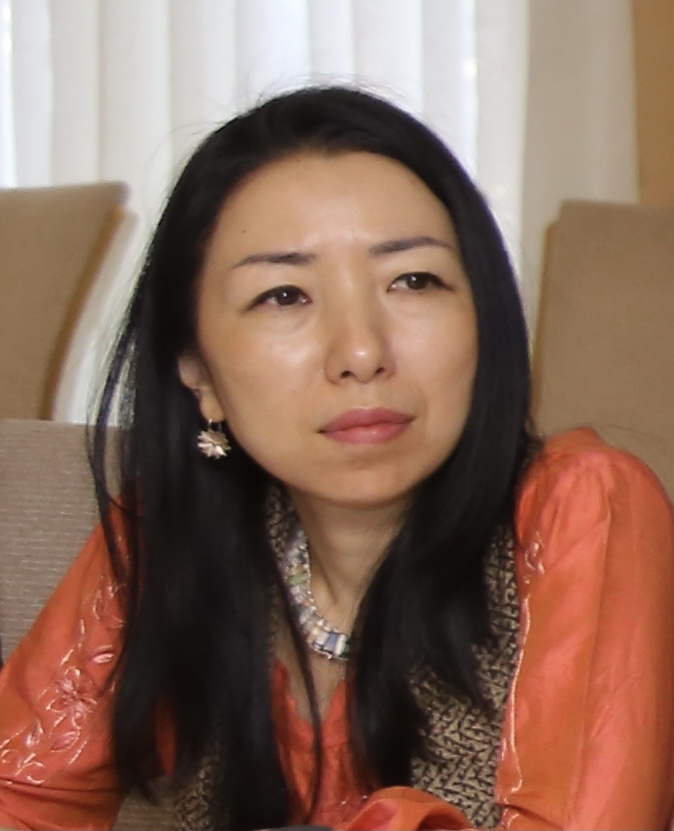Supporting Myanmar’s Democratic Resistance Forces: Can the International Community Step Up?

Disclaimer: Opinions expressed in this commentary are those of the author and do not necessarily represent the institutional position of International IDEA, its Board of Advisers or its Council of Member States.
Twenty months after its generals seized power in a coup, Myanmar’s struggle for democracy is caught between two camps of support: authoritarian regimes like China and Russia, which have supplied the military junta with arms and aid, sometimes in collaboration with other proxies, and democratic regimes, which have supplied Myanmar’s anti-coup resistance with the diplomatic equivalent of “thoughts and prayers” in a bid to maintain their embassies in the country. The United Nations General Assembly (UNGA) has called for a halt to the flow of arms, yet no strict arms embargo is in place.
International Support in Gridlock
Whereas the European Parliament and the Interparliamentary Union have taken steps towards officially recognizing the National Unity Government (NUG) and the 2020 elected parliament, other international bodies have been inconsistent in their support. At the UNGA, the NUG continues to hold the seat, but on the ground, UN agencies felt compelled to enter formal agreements with the junta, who have exploited such moves for its own propaganda. Similarly, while several democracies have invited the NUG to establish representative offices, they have not legally recognized them as NUG embassies—impeding their ability to serve Myanmar citizens.
Many Western governments have taken an ineffectual wait-and-see approach, following the Association of Southeast Asian Nations (ASEAN). A so-called five-point consensus, which never had the buy-in of an uncooperative military junta, has so far achieved none of its objectives. This ineffective diplomacy risks legitimizing the coup regime. Within ASEAN, only the Philippines and Malaysia have led calls for a tougher approach, with the latter’s Foreign Minister advocating for ASEAN to engage openly with the NUG. Indeed, it seems short-sighted to expect ASEAN to resolve the crisis, considering its track record and its non-interference approach. Several ASEAN regimes are wary of a more robust stance on democracy, as they feel themselves threatened by growing dissent. International IDEA’s Global State of Democracy 2021 data shows that in recent years, democracy in the sub-region has stagnated.

Key actors to support
On a more hopeful note, the NUG and the democratic coalition, uniting through the National Unity Consultative Council (NUCC), have the overwhelming support of the people. Embracing human rights and diversity, the interim institutions are working to create an inclusive federal democracy under the Federal Democracy Charter. Locally, and in alliance with ethnic resistance organizations (EROs), they have effective control in 52% of the territory, while the junta has effective direct authority in only 17%. The NUG and EROs provide education, healthcare and humanitarian assistance to the extent possible. The NUG also manages public resources and is increasingly engaging with foreign governments.
For the people of Myanmar to win this democratic revolution, the international community must be bolder in stepping up support. Ultimately, inaction only serves to strengthen the junta’s resolve in continuing its atrocities while failing to stabilize the situation. The only path forward is to return the legitimate, representative government to power.





